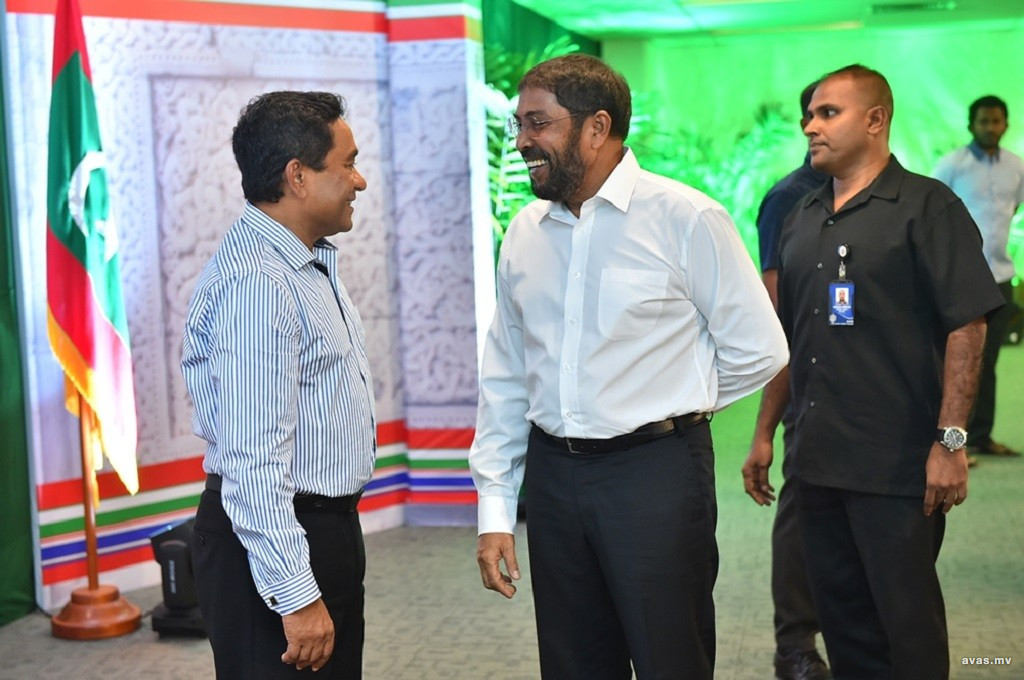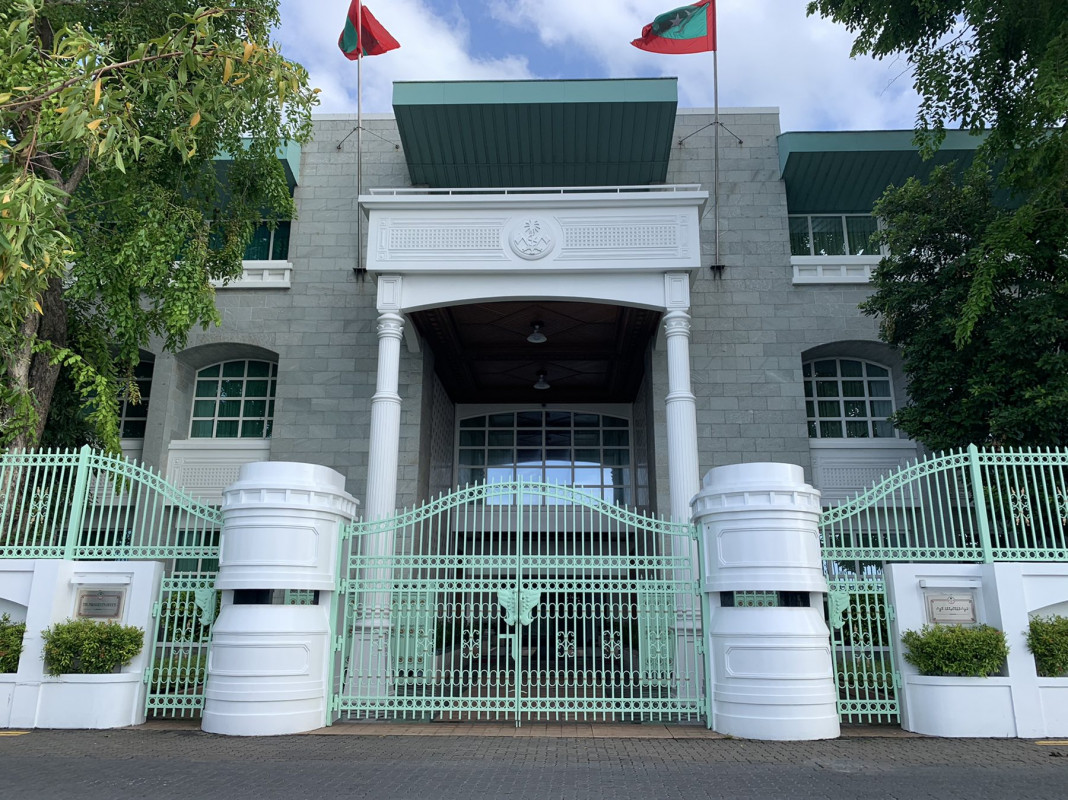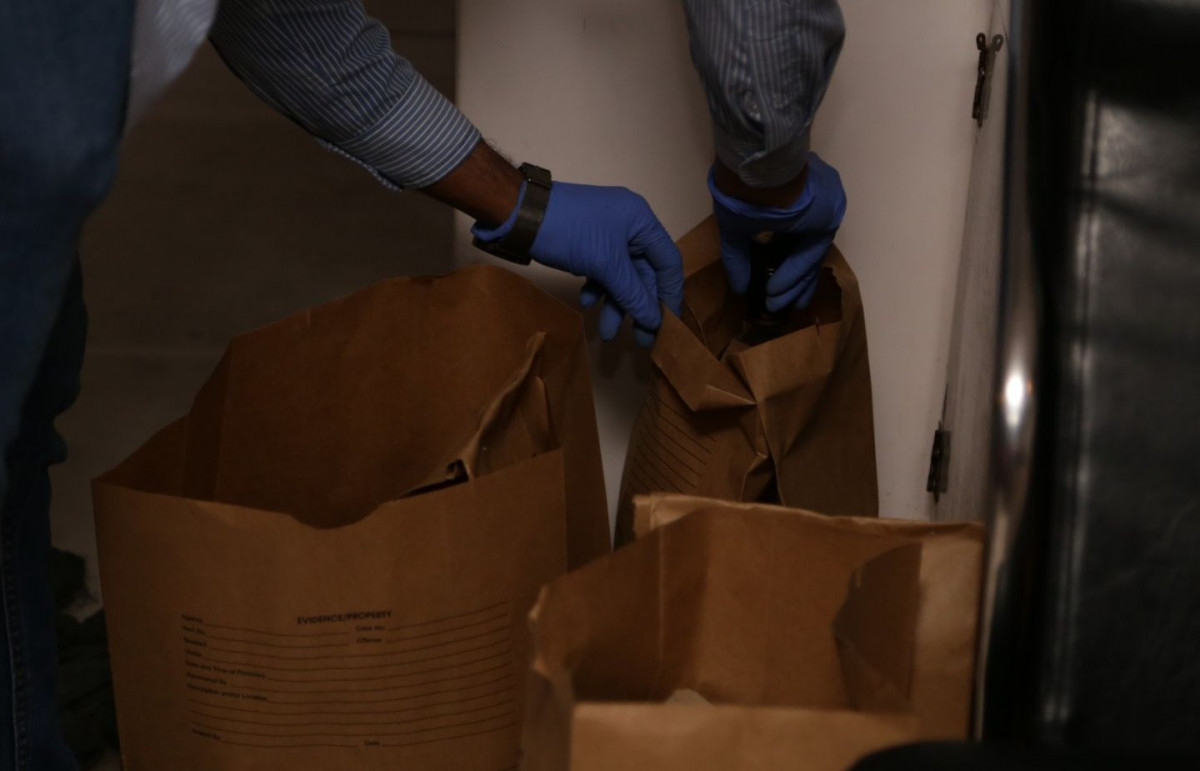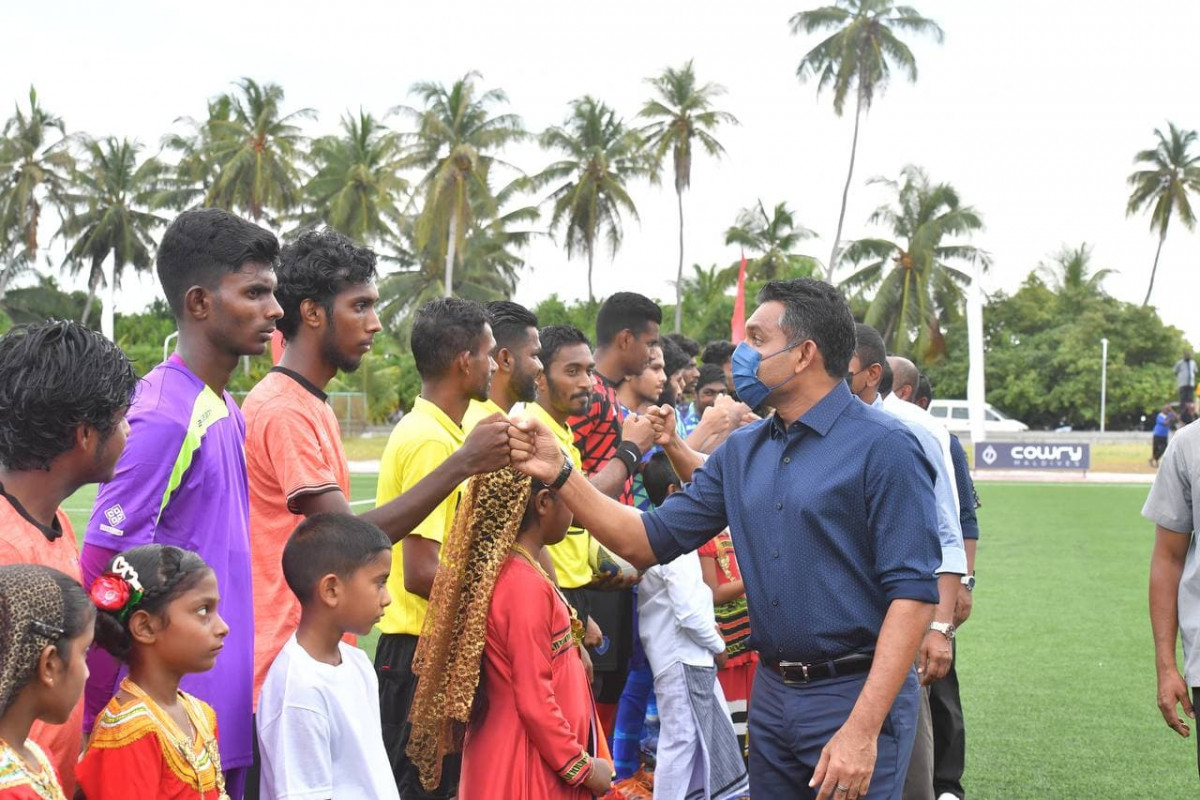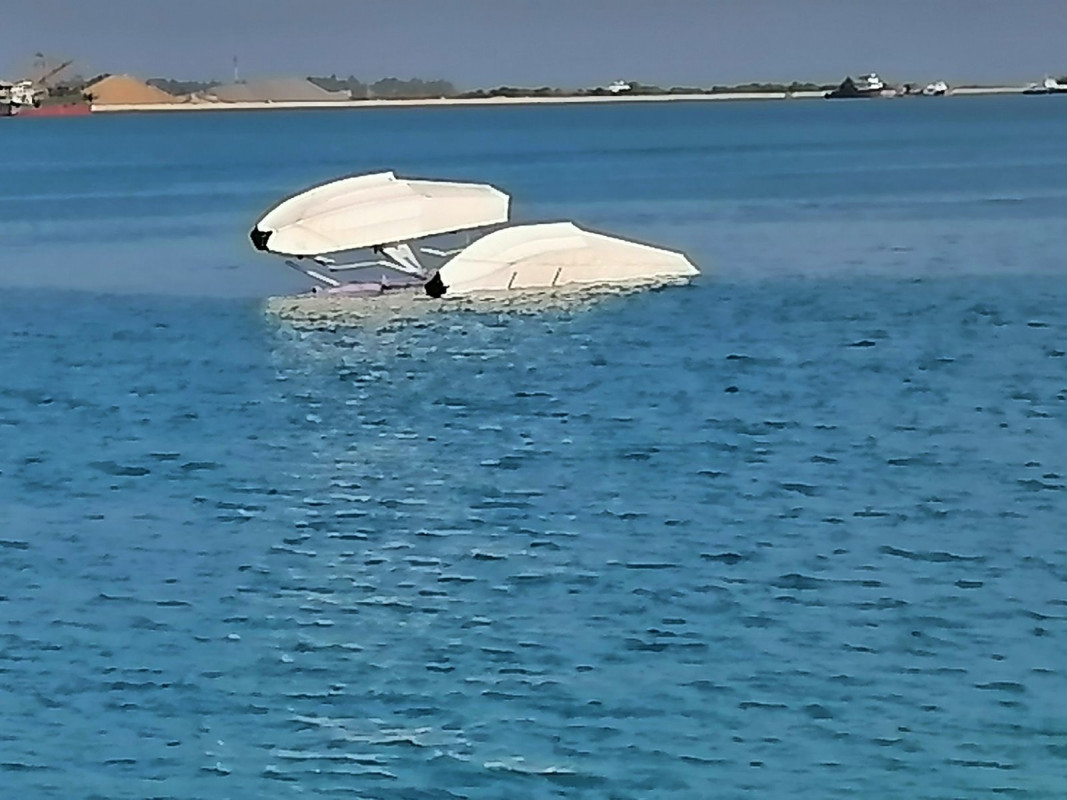Maldives grateful for votes, but did not run for UNHCR seat
Maldives competed against five other nations for a regional seat on the Human Rights Council
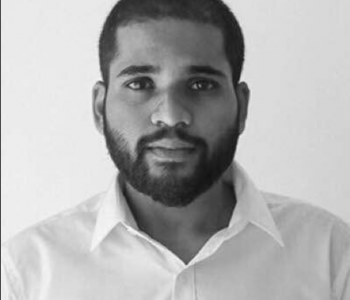

Maldives competed against five other nations for a regional seat on the United Nations' human rights council
The government has on Tuesday reiterated that the Maldives had previously withdrawn its candidacy for a seat on the United Nations’ Human Rights Council.
A Tweet from the Maldivian mission assigned to the council expressed support for the nations that supported cast votes in favour of their name for a seat on the council’s regional seat term 2018-20.
Maldives had competed against five other nations and received four votes while Pakistan and Qatar cleared majority votes, and the council had elected them to as the rights watchdogs for the next term.
However, the Maldivian mission had announced in July that it has withdrawn its candidacy, and while the council’s candidate list states as such, four member nations cast votes for the Maldives.
The Maldives had been keen on running for another term on the council, having had served two consecutive terms by 2016.
The government had announced its candidacy for the coming term along with its intention to international standards of democracy and willingness to support development and welfare with ‘conviction and commitment’.
While Maldives had received phenomenal amounts of votes for its candidacy in 2010, the nation has now been faced with allegations of harbouring human trafficking cells and being used as a hub for large-scale money laundering.
Maldives is also under considerable fire for restrictions to expression caused by recent laws, such as the re-criminalization of defamation in 2016.
International organizations such as the Inter-Parliamentary Union and Transparency International have expressed concern for a lack of separation of state powers and called for ‘targeted sanctions’ until such values are upheld.
